Country Life Today: hope on the horizon for coral
In today's round-up we reveal why all may not be lost for the world's coral reefs, visit one of the UK's stargazing hotspots and discover two rare masks going under the hammer next month.


Recovery on the horizon for coral
There’s yet hope for the world’s beleaguered coral. A monitoring expedition in the Maldives has bucked scientists’ glum expectations and shown that reefs are bouncing back and may be adapting to climate change.
Rising temperatures have hit coral hard, causing mass bleaching that, in 2016 alone, destroyed more than 30% of the Great Barrier Reef. Subsequent expeditions saw little sign of improvement — until this year, when divers found an unexpected number of baby and young corals.
‘It was surprising and encouraging to see a greater diversity of corals ‘pushing through’ from the dead layer below,' said Jean-Luc Solandt of the Marine Conservation Society. ‘It seems Nature is fighting back with a coral-diversity explosion.’
South England AONB recognised as one of the world's best dark-sky spots
The Cranborne Chase area of outstanding natural beauty last week became one of just 14 International Dark-Sky Reserve around the world.
The 380-sq-mile AONB, from which you can see the Milky Way and even the Andremeda galaxy on a clear night, is not the first part of Britain to gain the designation but it’s the first to get it for its entire territory.
The International Dark-Sky Association, which awarded the area the prestigious recognition, noted that Cranborne Chase has ‘the largest central area of darkness of any International Dark-Sky Reserve in the UK.’
Sign up for the Country Life Newsletter
Exquisite houses, the beauty of Nature, and how to get the most from your life, straight to your inbox.
Rare 1930s Mickey Mouse masks go under the hammer
Two Mickey Mouse papier mache masks made in Nazi Germany will be sold at auction next month. Made under licence from the Walt Disney company, they are extremely rare, partly because the 1930s were early days in the character’s history but also because, at the time, Adolf Hitler openly belittled Mickey Mouse.
Keys Auctioneers and Valuers, from Aylsham, in Norfolk, have set their estimate at £200-£300 but they think the sale price may go well above that figure.
Full story (Wilts and Gloucestershire Standard)
Prince William reveals a passion for farming
The Duke of Cambridge is a farmer at heart. Interviewed in an ITV documentary about the Duchy of Cornwall, Prince William has shared he has a strong interest in all things agriculture, as do his children, who love playing with tractors.
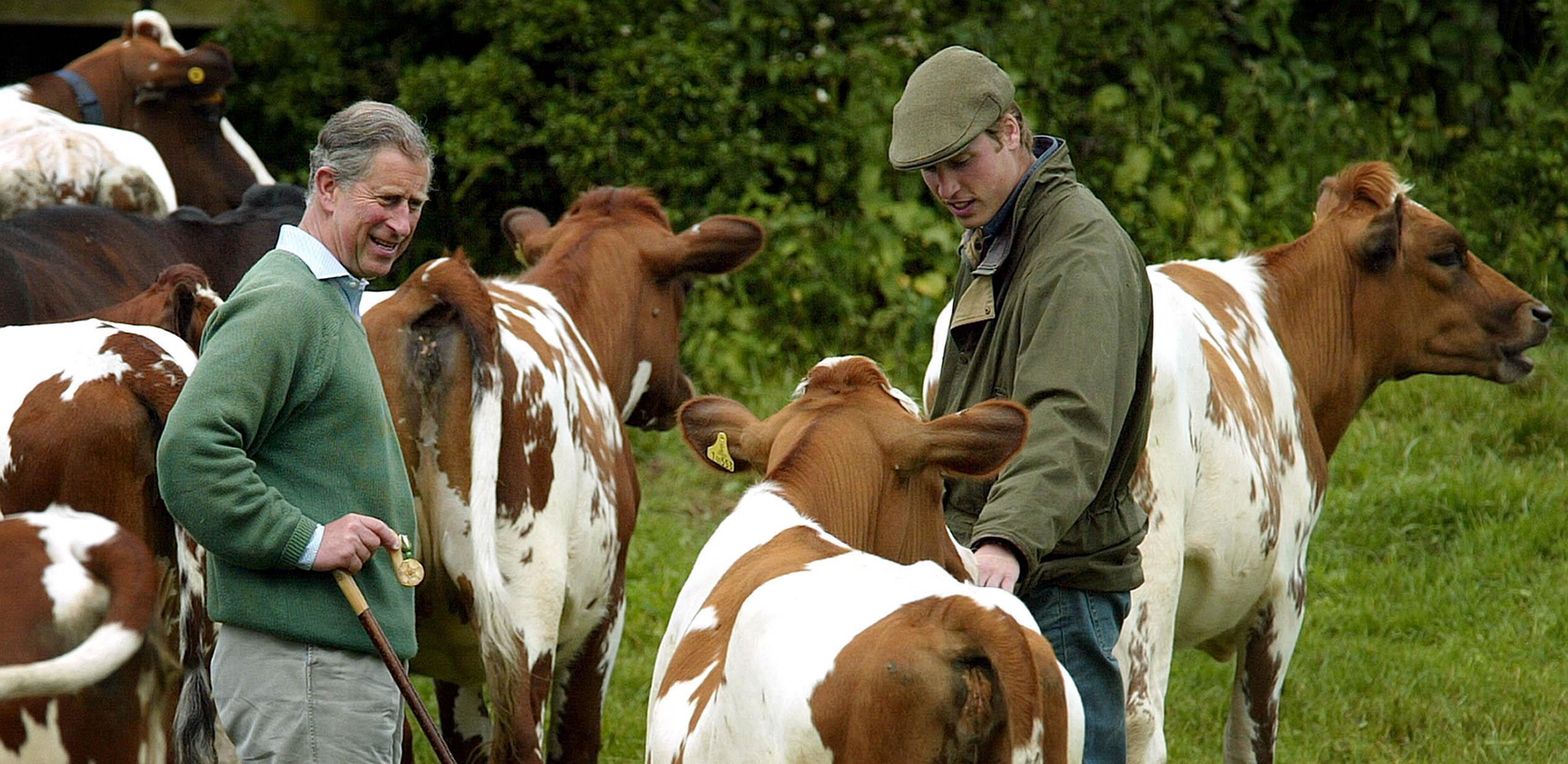
The Duke is learning the ropes at the Sandringham estate, ahead of taking over the Duchy’s reins from his father. His passion for farming has made Prince Charles particularly happy, with the heir to the throne saying that ‘it practically reduced [him] to tears’ and made ‘the last 50 years [of hard work at the Duchy] worthwhile’.
On this day
October 22 is an unusually important, if tragic day in the history of longitude. First, in 1707, four Royal Navy warships sunk near the Scilly Isles causing the death of almost 2,000 men. The disaster occurred for several reasons but chief among them was the fact that the sailors had miscalculated their longitude and thought they were sailing in safer waters. This led Britain to adopt the Longitude Act, which offered up to £20,000 of the time — an enormous sum — to anyone able to find a method to work out longitude at sea.
Then, exactly 177 years after the Scilly shipwreck, Greenwich’s Royal Observatory was picked as the site for the Prime Meridian. Since 1721, Greenwich had been home to the British meridian and had become progressively popular as a reference point with ships worldwide, but its role as the world’s Longitude 0° spot was only established in 1884, after forty-one delegates from 25 countries met in Washington for the International Meridian Conference and held a vote, which the Royal Observatory won 22 to 1.
Climate change could spell trouble for farming in South-Eastern England
A new paper by the Met Office and the University of Exeter found that global warming and change in rainfall patters could hit the South and East of England hard, turning the fertile soil that made the region great for arable farming into dry grasslands only suitable for grazing.
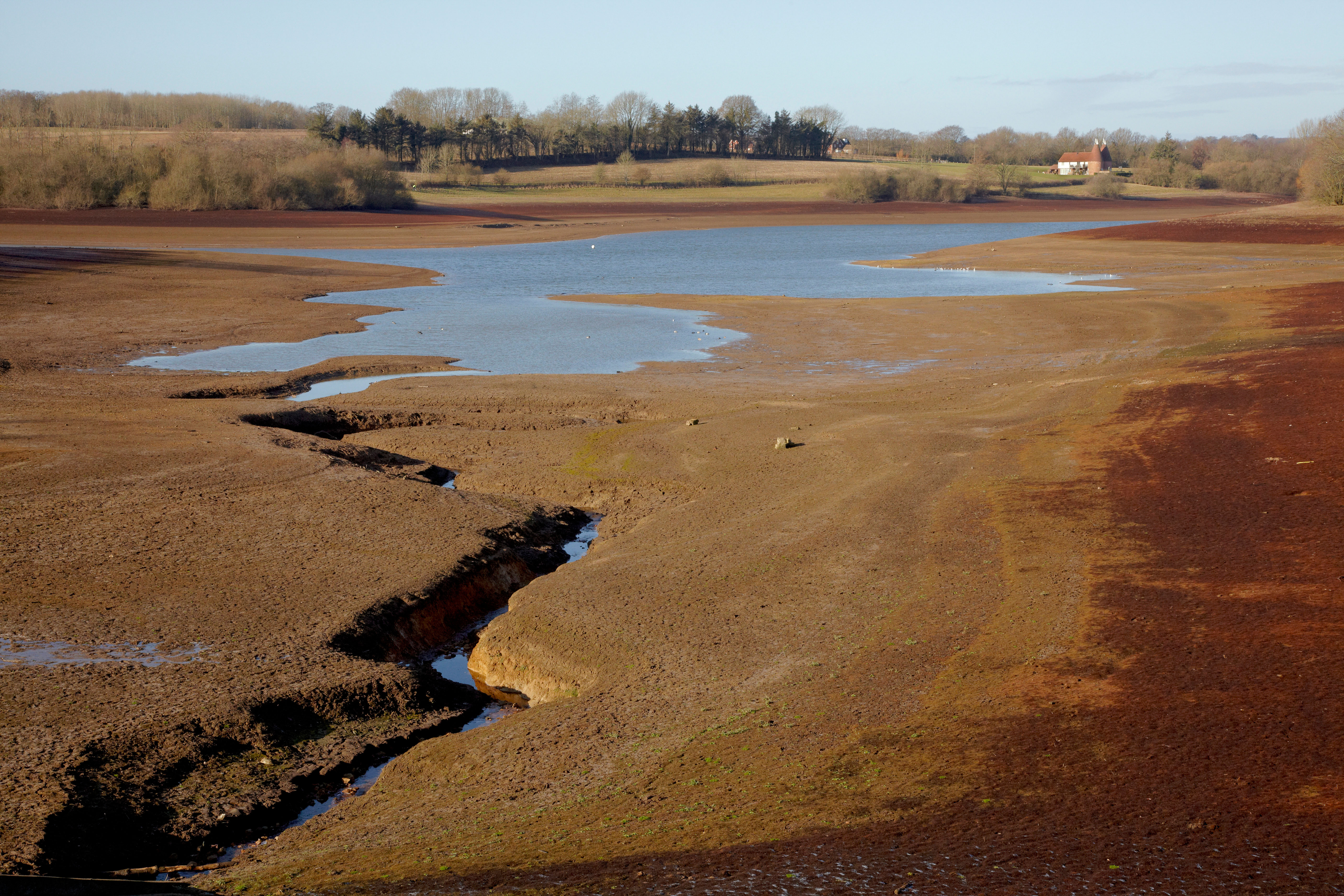
The silver lining is that other parts of the UK, including Scotland and the West Country, could inherit the agricultural mantle, with the changing climate having a different effect there.
And finally... a rainbow shines over Tattersalls
Visitors to the Tattersalls yearling sales, part of the UK’s most important bloodstock auction business, were treated to a natural wonder to match that of the horses being sold — a magnificent rainbow shone above Park Paddocks in Newmarket, breaking the dark clouds.
Carla must be the only Italian that finds the English weather more congenial than her native country’s sunshine. An antique herself, she became Country Life’s Arts & Antiques editor in 2023 having previously covered, as a freelance journalist, heritage, conservation, history and property stories, for which she won a couple of awards. Her musical taste has never evolved past Puccini and she spends most of her time immersed in any century before the 20th.
-
 Six rural properties with space, charm and endless views, as seen in Country Life
Six rural properties with space, charm and endless views, as seen in Country LifeWe take a look at some of the best houses to come to the market via Country Life in the past week.
By Toby Keel
-
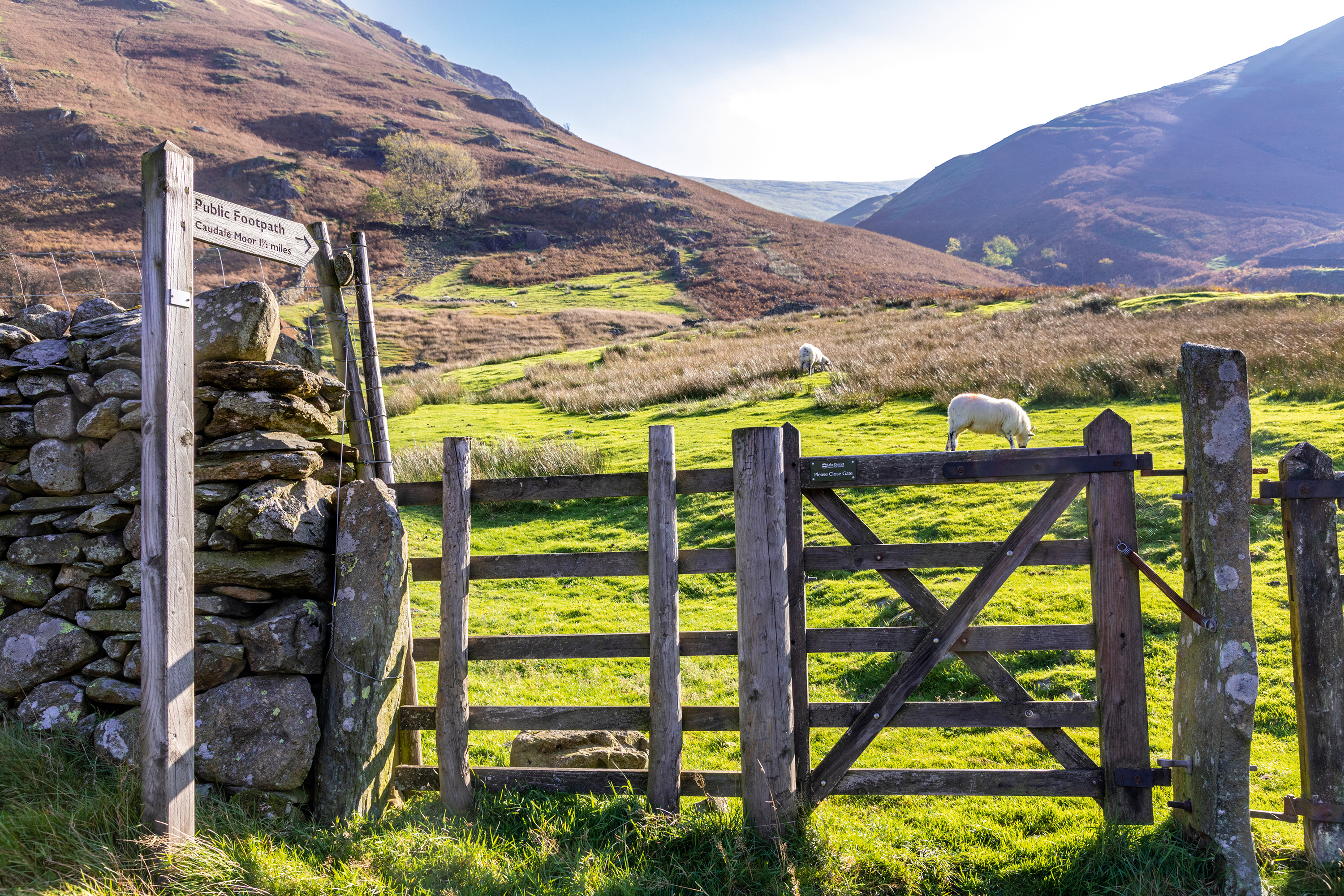 Exploring the countryside is essential for our wellbeing, but Right to Roam is going backwards
Exploring the countryside is essential for our wellbeing, but Right to Roam is going backwardsCampaigners in England often point to Scotland as an example of how brilliantly Right to Roam works, but it's not all it's cracked up to be, says Patrick Galbraith.
By Patrick Galbraith
-
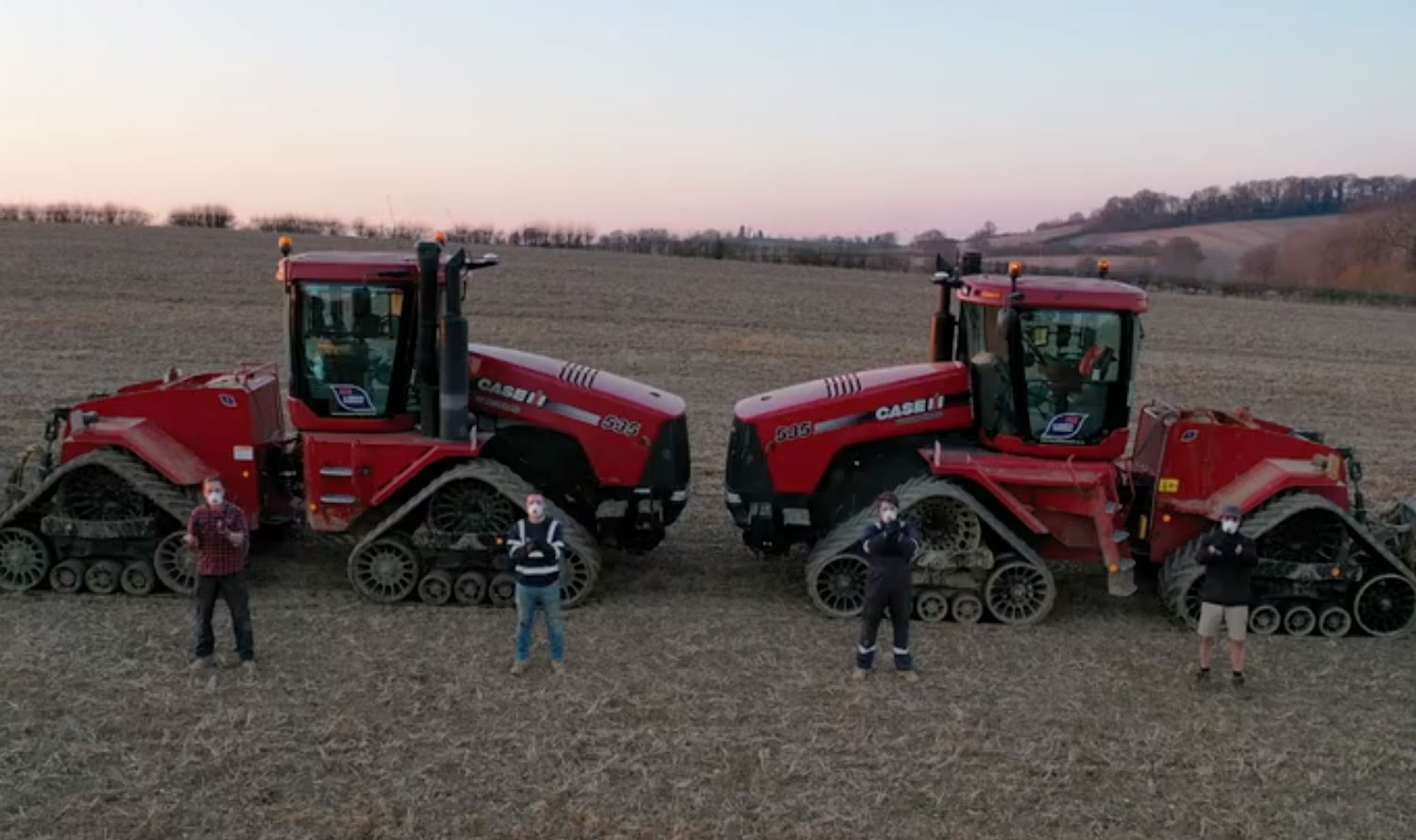 The brilliant tractor tribute to the NHS from a group of Warwickshire farmers
The brilliant tractor tribute to the NHS from a group of Warwickshire farmersPeople around Britain have been paying tribute to the efforts of our NHS workers at the time of the coronavirus pandemic — but few have been as creative and clever as this one.
By Toby Keel
-
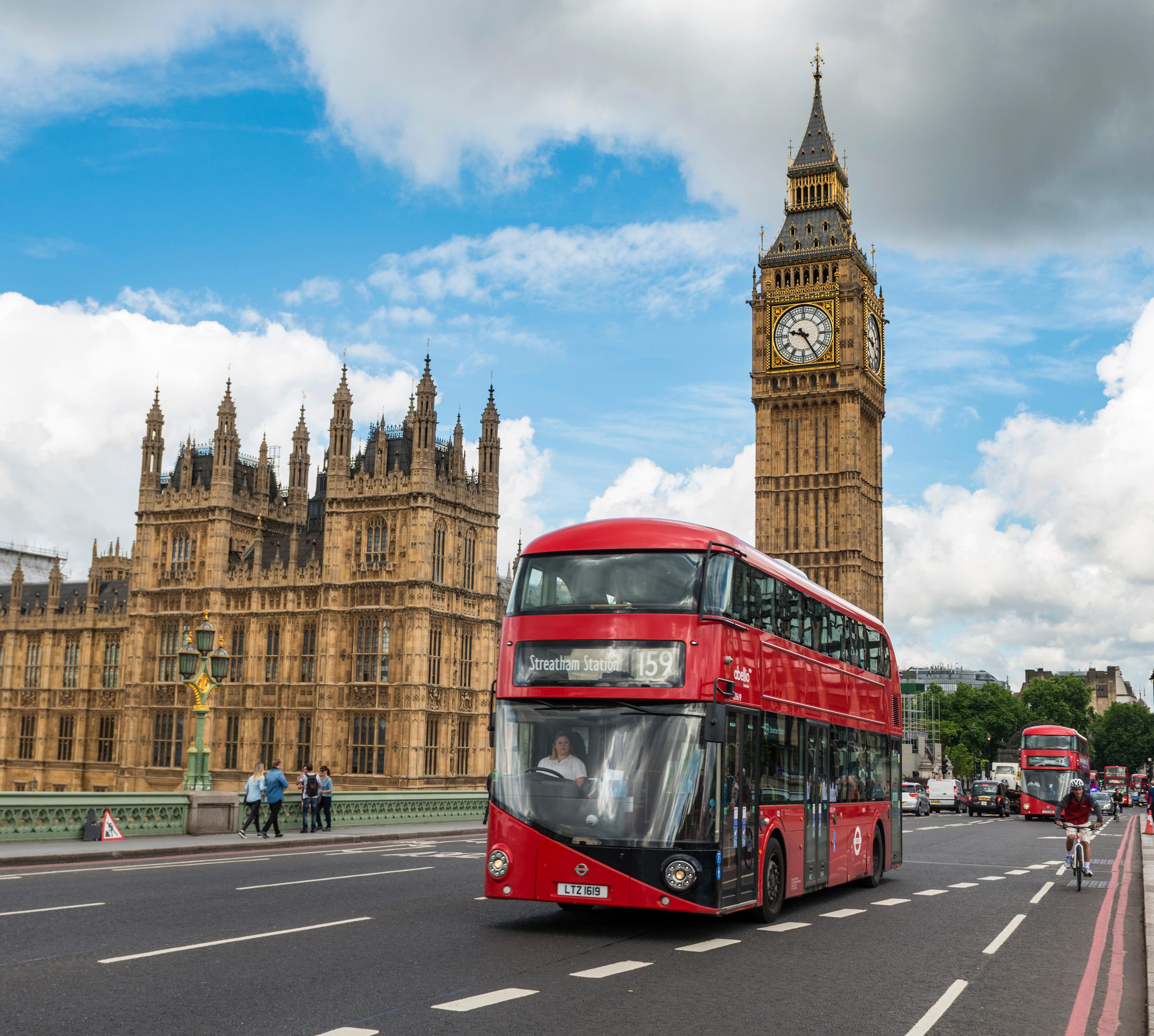 London's iconic red bus at risk and 6,000 year old chewing gum gives clues into our DNA history
London's iconic red bus at risk and 6,000 year old chewing gum gives clues into our DNA historyCuts to industry subsidies and an increase in fares has left bus use at its lowest point ever, while DNA extracted from ancient 'chewing gum' allows scientists to decipher the genetic code of a Stone Age woman.
By Alexandra Fraser
-
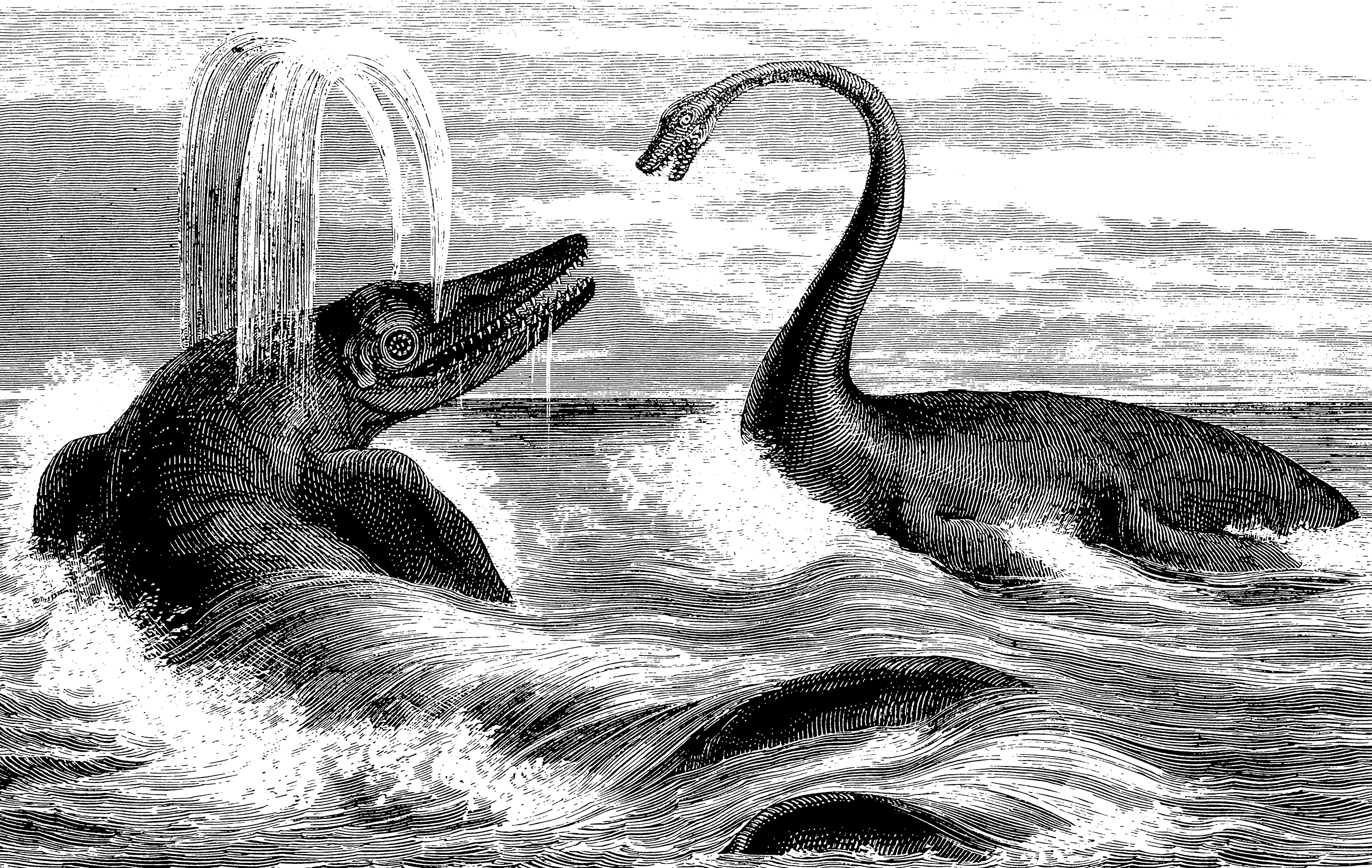 90-million-year-old 'swimming dinosaur' skeleton found by dogs out walking in Somerset, and the nonchalant moths who don't bother fleeing enemies
90-million-year-old 'swimming dinosaur' skeleton found by dogs out walking in Somerset, and the nonchalant moths who don't bother fleeing enemiesA superbly intact dinosaur skeleton — described as being 'museum quality' — has been discovered on a beach in Somerset.
By Toby Keel
-
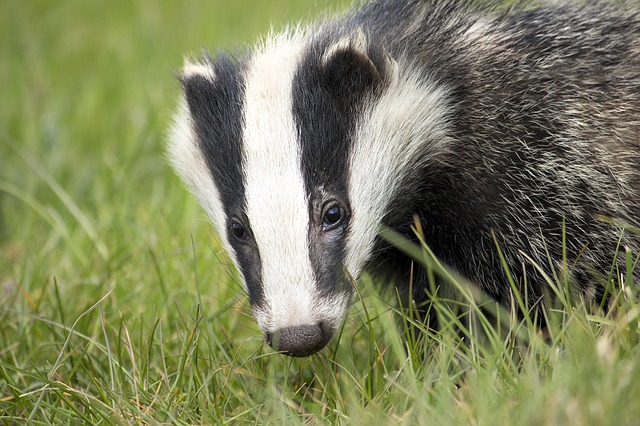 Battle to ban 4x4s from the idyllic Lake District spot bequeathed by Beatrix Potter, eagle fights octopus and the 'snail's pace' climate talks
Battle to ban 4x4s from the idyllic Lake District spot bequeathed by Beatrix Potter, eagle fights octopus and the 'snail's pace' climate talksThis morning we look at Little Langdale's fight for peace, reflect on the climate change talks in Madrid and discover the soundtrack for Brexit.
By Toby Keel
-
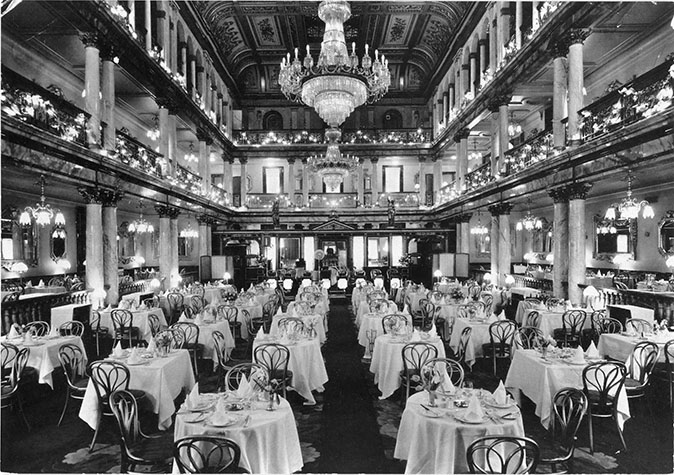 Country Life Today: How Greta Thunberg shifted the dial on climate change — and the backlash shows just how much
Country Life Today: How Greta Thunberg shifted the dial on climate change — and the backlash shows just how muchThis morning we ponder whether Greta Thunberg is the Joan of Arc for the environmental movement, look at a key election — one from 19 years ago — and ponder the marvel of 'dad tidying'.
By Toby Keel
-
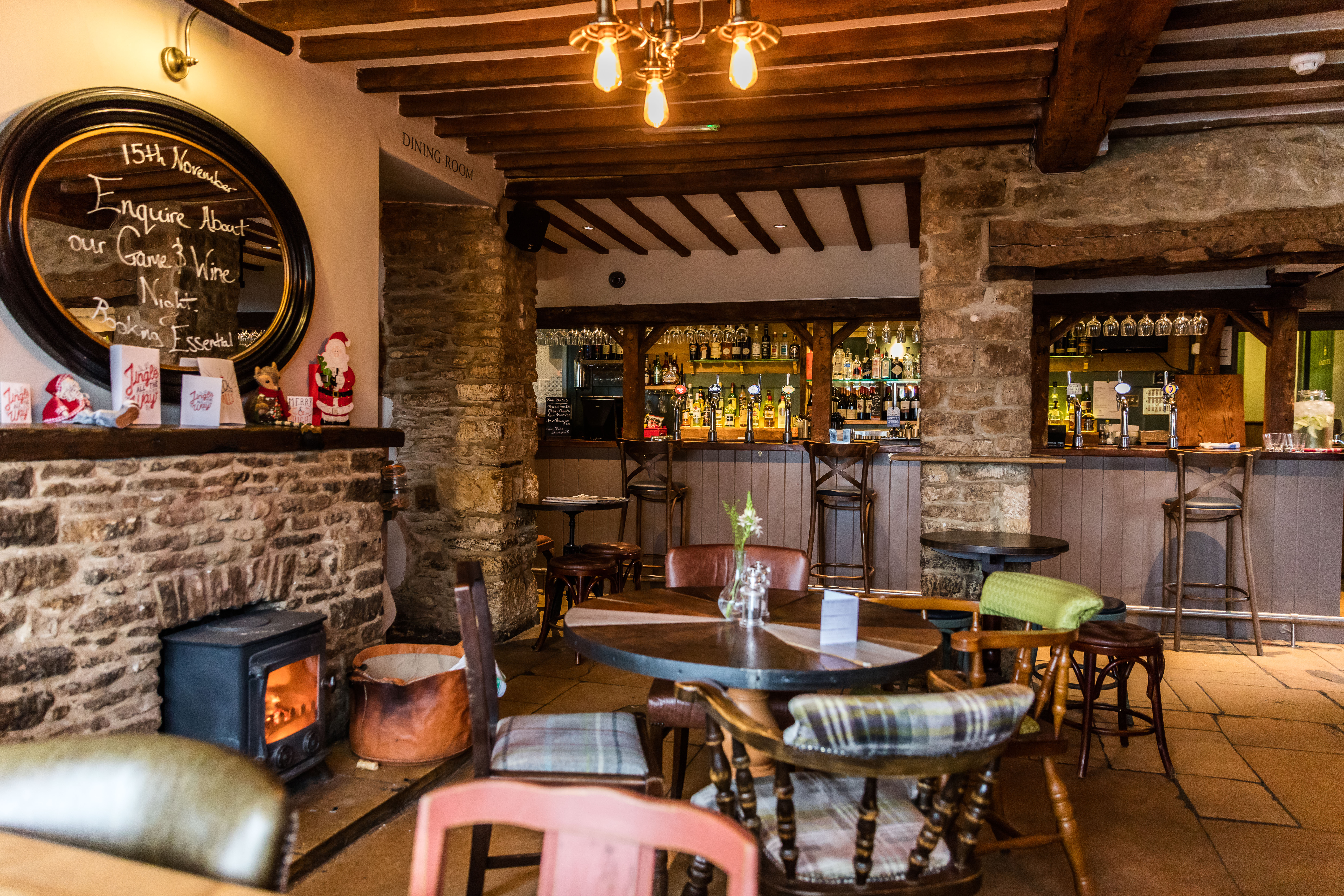 Country Life Today: Great news for those who love our great country pubs — the years of decline are over
Country Life Today: Great news for those who love our great country pubs — the years of decline are overThere is a great sign of health in the pub industry, we look back at Edward VIII's abdication message and fret about Greenland's melting ice.
By Toby Keel
-
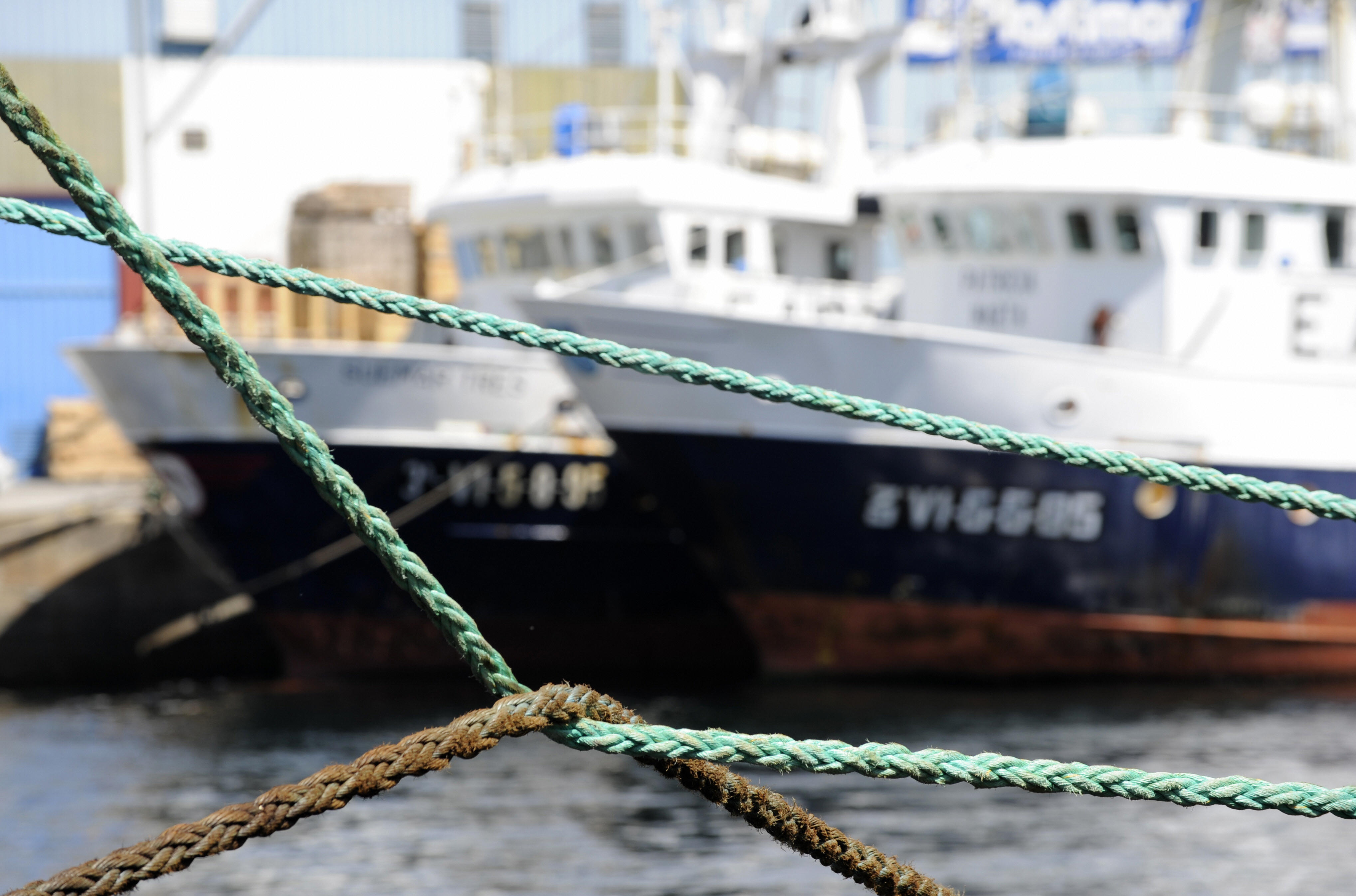 Country Life Today: Spain accused of being 'a deplorable choice' for UN climate conference
Country Life Today: Spain accused of being 'a deplorable choice' for UN climate conferenceA no-holds-barred assault on the Spanish fishing industry, Banksy raising awareness of the homeless and the woes of the Christmas jumper are in today's news round-up.
By Carla Passino
-
 Country Life Today: 'This is perhaps the ultimate wake-up call from the uncontrolled experiment humanity is unleashing on the world’s oceans'
Country Life Today: 'This is perhaps the ultimate wake-up call from the uncontrolled experiment humanity is unleashing on the world’s oceans'In today's round up, we examine why oxygen loss is putting oceans at risk, discover that action to cut air pollution brings almost immediate benefits to human health and find out which bird's arrival marks the start of winter in Gloucestershire.
By Carla Passino